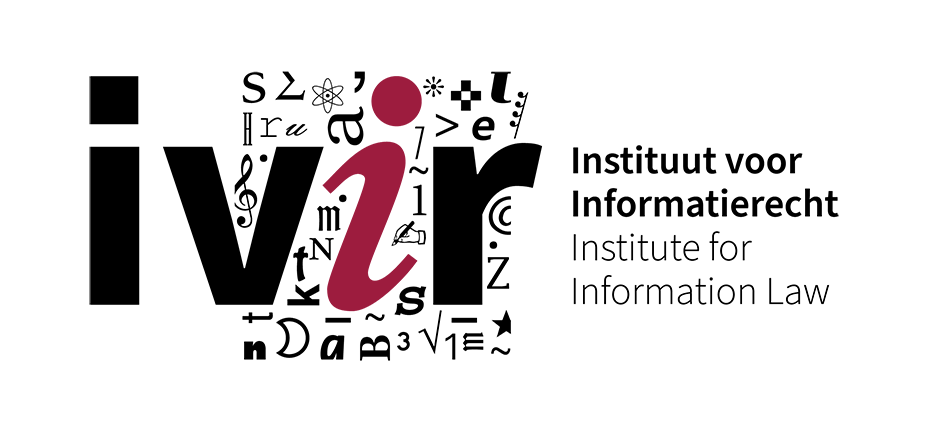WP2: Lessons from the AVMSD for an Integrated Approach to EU Media Law
Work package 2 rethinks the Audiovisual Media Services Directive’s approach to media regulation in light of digital transformation, the quest for economically viable public interest content and the distribution of competences between the EU and its Member States.
The Audiovisual Media Services Directive (AVMSD) is the centrepiece of EU media law that aims to, inter alia, safeguard media plurality and diversity, protect children and consumers, combat racial and religious hatred. The regulatory architecture of the AVMSD – which by origin had been EU legislation on television programmes – has been expanded to cover nonlinear audiovisual media services and, more recently, video platform services with user-generated content. This has contributed to a situation where the AVMSD’s definitions and graduated approach to regulation are increasingly unfit to achieve its objectives in the current digital media environment. Against this background, WP2 will take digital media as a point of departure and rethink the regulatory approach in light of the specific media policy objectives highlighted above, the additional rules following from the Digital Services Package (Digital Services Act and Digital Markets Act), and the quest for economically viable public interest content and news media. WP2 will devote particular attention to the distribution of competences between the EU and its Member States in the field of news and media regulation.
Led by: Dr. Kristina Irion
Composition of WP2:
Dr. Minna Aslama Horowitz, University of Helsinki, Finland
Dr. Sally Broughton Micova, University of East Anglia, Norwich, United Kingdom
Marius Dragomir, Center for Media, Data and Society (CMDS), Central European University, Budapest, Hungary
Dr. Stephan Dreyer, Hans Bredow Institute, Hamburg, Germany
Dr. Tanja Kerševan Smokvina, University of Ljubljana, Slovenia
Dr. Krisztina Rozgonyi, Institute for Comparative Media and Communication Studies (CMC), Austrian Academy of Sciences
Prof. Dr. Peggy Valcke and Nadia Feci, Centre for Information Technology and Intellectual Property Law (CiTiP), KU Leuven, Belgium

